Cannabis Consumption: Joints, Pipes, or Bongs for ADHD Relief?
Cannabis is emerging as a potential treatment for ADHD, with smoking methods like joints, pipes, and…….
Attention-Deficit/Hyperactivity Disorder (ADHD) is a neurodevelopmental condition characterized by inattention, hyperactivity, and impulsivity that impacts individuals of all ages. As the global awareness of mental health issues grows, alternative therapeutic approaches are gaining traction, including the use of cannabis strains specifically tailored to alleviate ADHD symptoms. This article delves into the world of cannabis as a potential treatment option for ADHD, exploring its mechanisms, global impact, economic implications, technological advancements, regulatory landscape, and future prospects. By examining these aspects, we aim to provide a comprehensive understanding of how cannabis strains can be utilized in managing ADHD effectively while navigating associated challenges.
Cannabis strains designed for ADHD are selectively bred or genetically modified varieties of cannabis that offer specific cannabinoid profiles aimed at addressing core symptoms of the disorder. Cannabinoids, such as Tetrahydrocannabinol (THC) and Cannabidiol (CBD), interact with the endocannabinoid system (ECS) in the human body, which plays a crucial role in regulating mood, memory, attention, and motor control.
Core Components:
The concept of using cannabis for medical purposes dates back centuries, but its application in treating ADHD is a relatively modern approach. Early studies explored cannabis as a potential remedy for various psychiatric disorders, leading to the realization that specific strains could offer targeted relief for ADHD symptoms. As research continues to evolve, scientists are uncovering the intricate relationship between cannabinoids and the ECS, providing a solid scientific foundation for cannabis’ therapeutic potential in managing ADHD.
Cannabis has made significant strides globally, with an increasing number of countries legalizing its medical use, including for ADHD treatment. This shift towards legalization has fueled research, driven innovation, and opened doors for individuals seeking alternative therapies. The global cannabis market is projected to reach substantial value in the coming years, with a growing focus on specialized strains for specific medical conditions.
Regional Trends:
Global trends indicate a growing demand for cannabis strains specifically designed for ADHD and other mental health conditions. This trend reflects a broader shift towards personalized medicine, where treatment options are tailored to individual needs rather than a one-size-fits-all approach. As research continues to gather momentum, the global cannabis market is poised for significant growth, with a focus on developing effective and safe treatments for ADHD.
The economic implications of cannabis strains for ADHD are substantial, impacting various sectors from healthcare to agriculture and tourism. The medical cannabis industry is experiencing rapid expansion due to its potential to provide alternative treatment options, particularly for conditions like ADHD that often require lifelong management.
Market Dynamics:
Economic Impact:
Technological innovations have revolutionized cannabis breeding and product development, allowing for the creation of highly precise strains tailored to ADHD management. Modern techniques include genetic testing, advanced breeding methods, and sophisticated analytics.
Genetic Testing and Selection:
Advanced Breeding Methods:
Sophisticated Analytics:
These technological advancements have enabled the development of cannabis strains with remarkable precision, ensuring they meet the unique needs of ADHD patients. As research continues to refine these techniques, we can expect even more effective and targeted treatments in the future.
The regulatory environment surrounding cannabis varies widely globally, presenting challenges and opportunities for patients, researchers, and businesses alike. While some countries have embraced medical marijuana with open arms, others maintain strict controls, making it difficult to access ADHD-focused strains.
Legal Status:
Regulatory Challenges and Considerations for ADHD Treatment:
As the global conversation around cannabis continues, regulatory frameworks are evolving to reflect changing societal attitudes and scientific understanding. Navigating these legal waters is essential for patients seeking relief from ADHD symptoms through cannabis-based treatments.
The future of cannabis strains for ADHD holds immense promise, with ongoing research and technological advancements paving the way for more effective and personalized therapies. Scientists are exploring novel compounds, delivery methods, and combination treatments to optimize symptom management.
Emerging Trends:
Research Initiatives:
In conclusion, cannabis strains offer a promising avenue for managing ADHD symptoms, providing an alternative or adjunctive treatment option with potential benefits over traditional methods. As the field advances and regulatory landscapes evolve, we can expect to see more effective and accessible cannabis-based therapies for individuals living with ADHD.
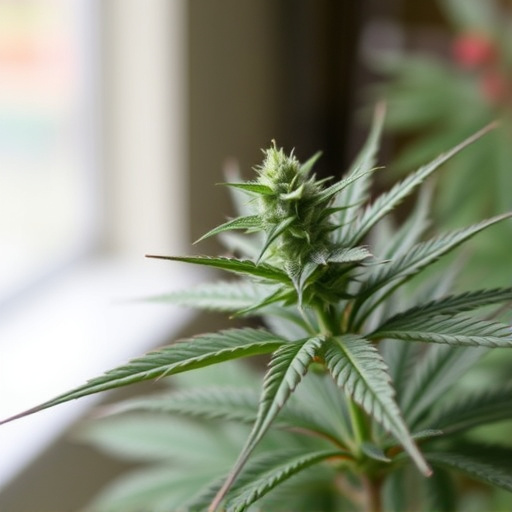
Cannabis is emerging as a potential treatment for ADHD, with smoking methods like joints, pipes, and…….
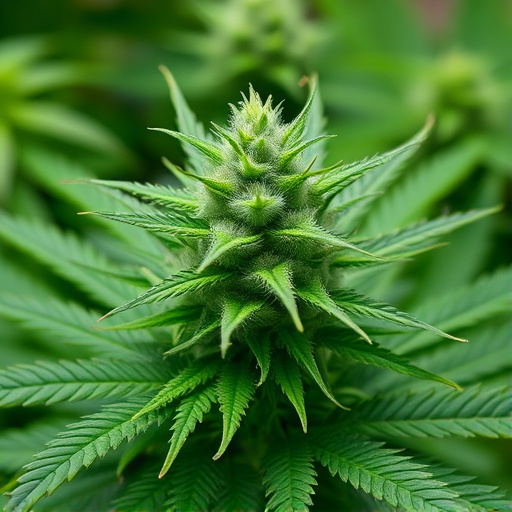
Temperature plays a crucial role in maximizing the efficacy of cannabis strains for treating ADHD sy…….
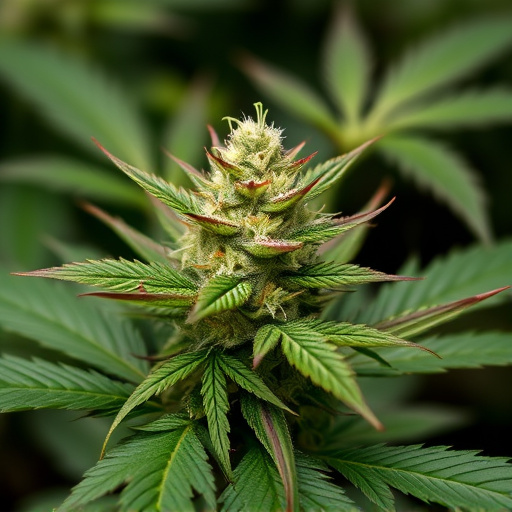
Cannabis strains, particularly those rich in CBD and balanced THC, show potential in managing ADHD s…….
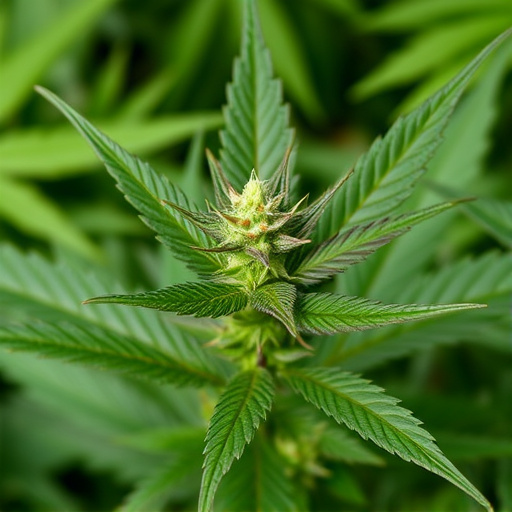
Indica cannabis strains like Granddaddy Purple, Gorilla Glue, and Purple Haze are gaining popularity…….
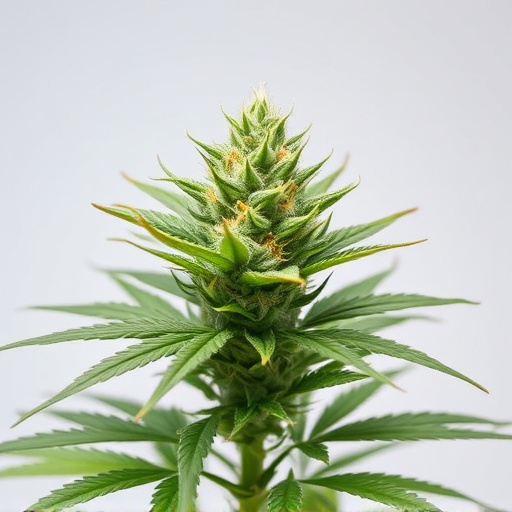
When considering cannabis as a tool to manage ADHD symptoms, selecting the right strain is key. High…….
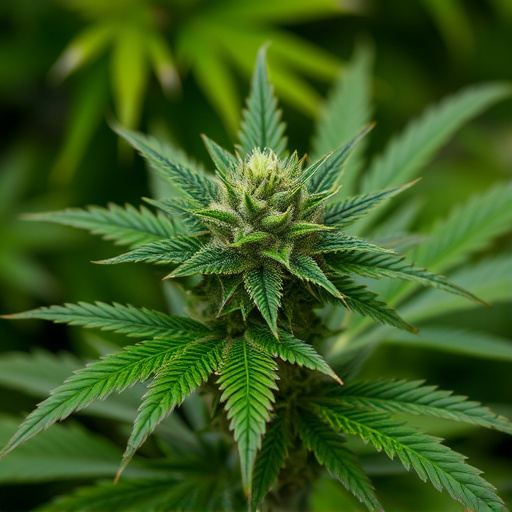
For individuals with ADHD, cannabis can provide relief or exacerbate symptoms based on personal bioc…….
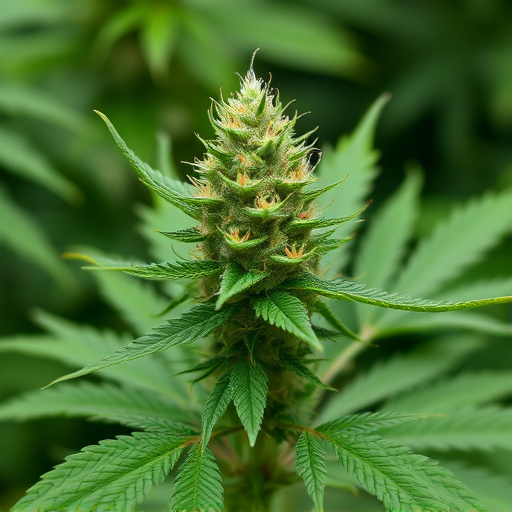
Sativa cannabis strains, known for boosting energy and focus, offer natural symptom management for A…….
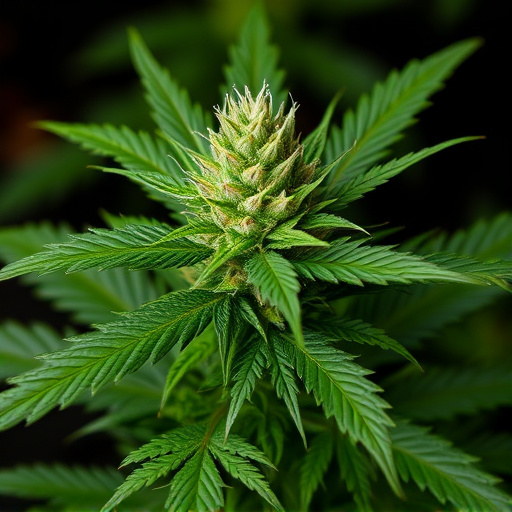
ADHD sufferers can find natural relief through specific cannabis strains that interact with the endo…….
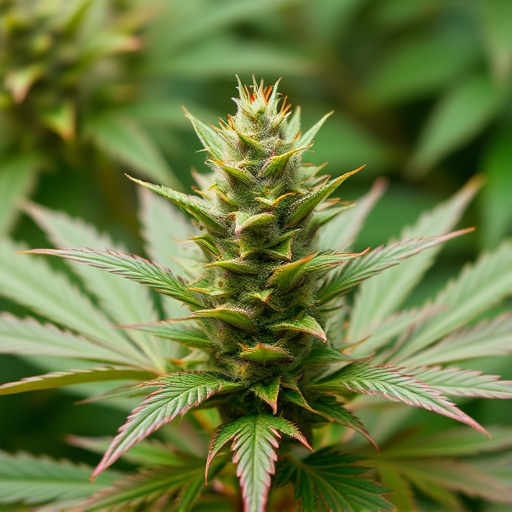
Cannabidiol (CBD), a non-psychoactive compound in cannabis, shows promise as a treatment for ADHD du…….
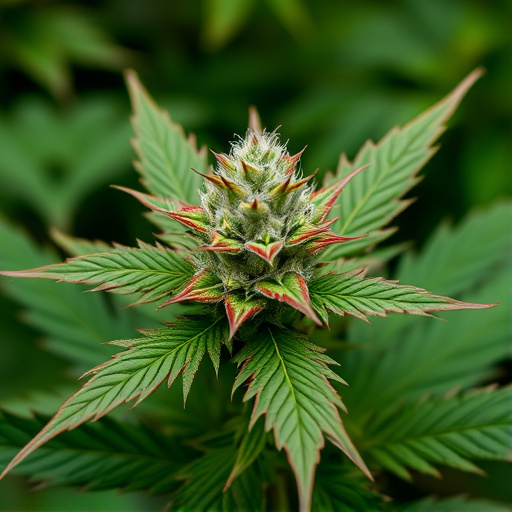
Terpenes, natural compounds in cannabis, significantly influence scent, flavor, and effect of differ…….